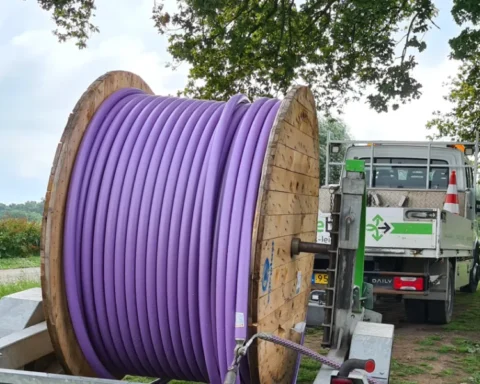Tanzania is rapidly positioning itself as a hub for the green economy, aiming to become a regional leader in the production of electric vehicles (EVs), vehicle batteries, clean energy solutions, and electronic equipment.
This ambitious strategy is part of a broader plan to add value to the country’s mineral resources, generate employment, boost tax revenues, and strengthen government income.
Government officials highlight that Tanzania’s wealth in minerals such as nickel, copper, cobalt, and graphite offers an opportunity not just for raw exports but for domestic processing and industrialization. By establishing local manufacturing capabilities, the country aims to reduce reliance on imports, stimulate local industries, and ensure that Tanzanians directly benefit from the nation’s natural wealth.
A key development in this sector is the establishment of a nickel and copper processing plant in the Dodoma region, expected to create thousands of jobs and increase the value of mineral exports. By combining mining with domestic processing, Tanzania is laying the foundation for a vertically integrated green economy that spans raw material extraction to advanced manufacturing.
The electric vehicle industry is also seeing significant growth. Currently, over 5,000 EVs are operating across the country, particularly in the two- and three-wheeler markets. Government policies—including tax reductions for EV imports, incentives for local assembly, and supportive regulatory frameworks—have contributed to this growth. Tanzania is gradually becoming a model for EV adoption in East Africa.
Also Read; Russia Partners With Niger On Historic Nuclear Project
Local companies are taking bold steps to strengthen the domestic supply chain. TRí Tanzania, for example, is establishing a battery assembly line and plans to launch a local EV manufacturing facility by 2025. This approach will reduce dependency on foreign inputs, optimize production costs, and reinforce the country’s industrial base in sustainable technologies.
Analysts emphasize that Tanzania’s green economy push has implications beyond industrialization. It strengthens the country’s role in regional trade, supports climate action goals, and creates a model for sustainable development in Africa. By investing in clean energy, EVs, and local processing, Tanzania not only enhances economic growth but also fosters environmental responsibility.
This transformation is expected to generate thousands of direct and indirect jobs across the mining, manufacturing, and energy sectors. Moreover, by producing value-added goods locally, Tanzania can increase export revenue, reduce import dependence, and support the livelihoods of rural and urban communities alike.







